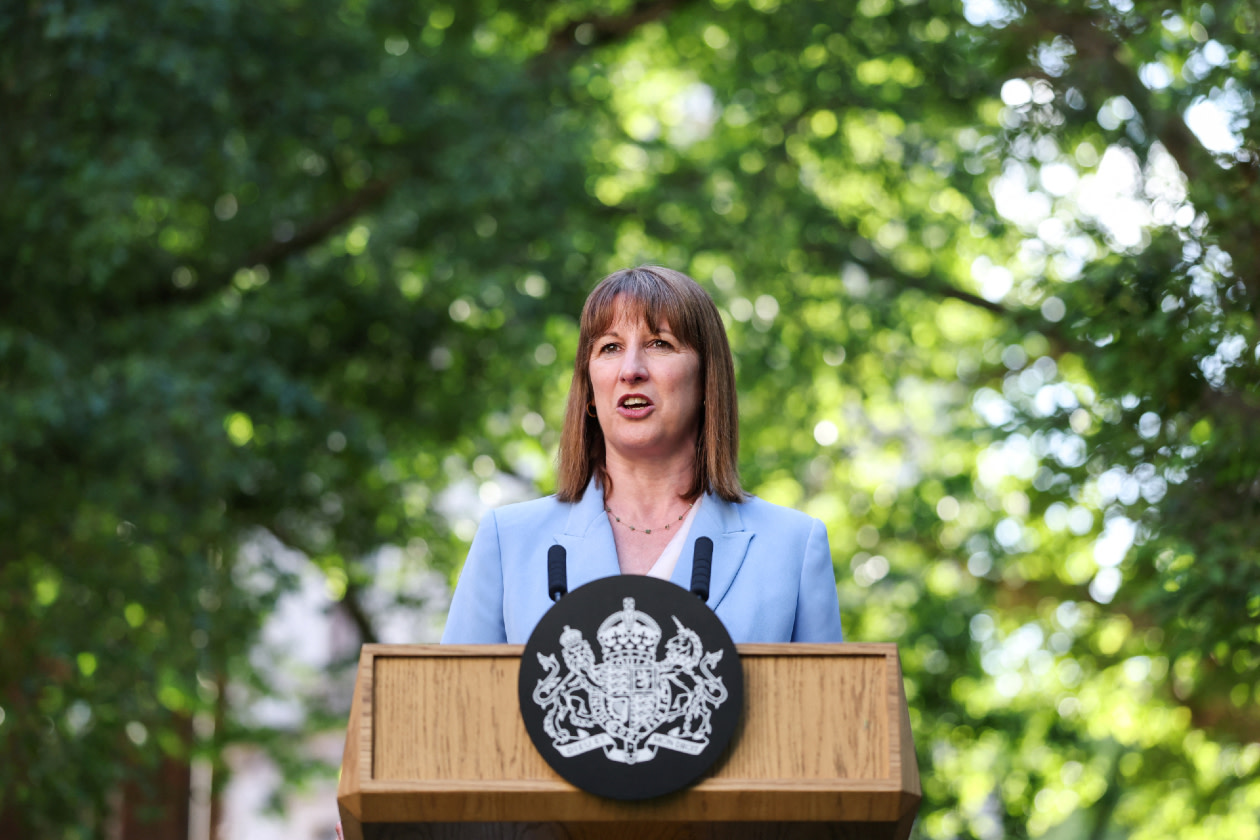Britain’s long-term government borrowing costs have been sent soaring to 27-year highs, ramping up pressure on Chancellor Rachel Reeves to calm fears over the UK’s public finances ahead of the autumn budget.
The yield on UK government bonds – also known as gilts – jumped to the highest level since 1998, at 5.698%, meaning it costs more for the Government to borrow from financial markets.
Gilt yields move counter to the value of the bonds, meaning their prices fall when yields rise.
The pound also tumbled as the bond sell-off intensified, with sterling down 1% to 1.34 US dollars and 0.6% lower at 1.15 euros.
It comes as worries mount over the UK’s finances, with Ms Reeves looking to fill an estimated £51 billion black hole.
The higher gilt yields compound the woes, increasing the cost of servicing the Government’s debt.
Government bonds have also been under pressure globally, with yields rising across the United States and Europe.
But the UK is facing particular home-grown challenges ahead of the autumn budget, with concerns that Ms Reeves will be forced to hike taxes and slash spending to balance the books.
The latest spike in gilts comes after Prime Minister Sir Keir Starmer announced a major shake-up of his Downing Street operation after a challenging summer for the Government.
As part of the reshuffle, Ms Reeves’ former number two in the Treasury, Darren Jones, has become the Prime Minister’s chief secretary and James Murray will replace him as Treasury chief secretary.
Neil Wilson, UK investor strategist at Saxo Markets, said: “The market move was a sign that investors do not have confidence the Treasury will stick to its strict borrowing rules.
“30-year yields at their highest in almost three decades is not a good look for the Labour government, and underscores that there is little fiscal or economic credibility left.”
This article was written by Holly Williams and PA Business Editor from Press Association and was legally licensed through the DiveMarketplace by Industry Dive. Please direct all licensing questions to legal@industrydive.com.
(Photo by Hannah McKay - WPA Pool/Getty Images)

